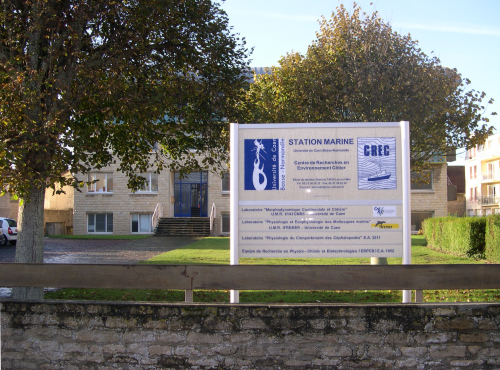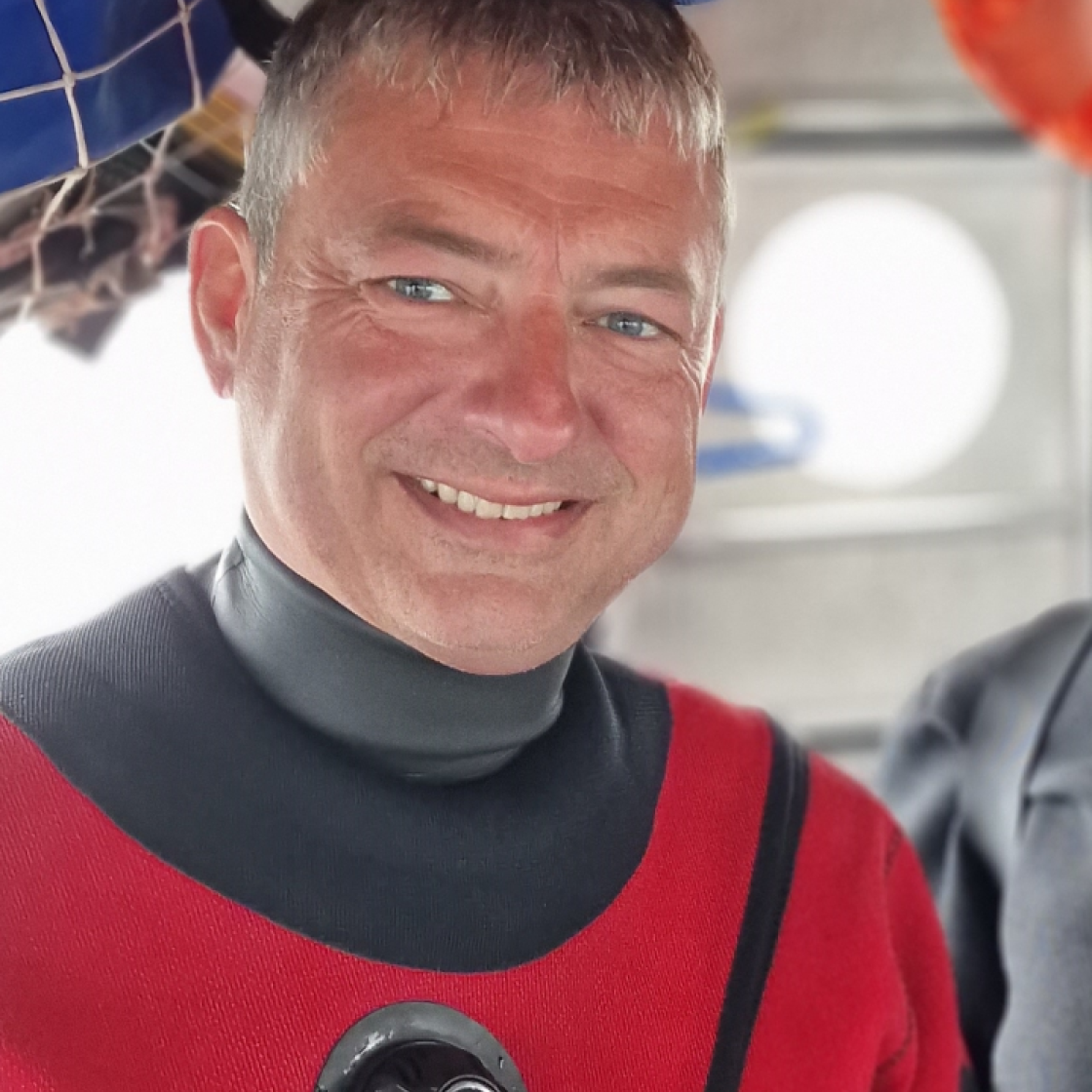Call for applications: Thesis within the UMR BOREA
Ecophysiology of microalgae:
Experimental study and modeling of photobiological regulations and carbon fluxes in microalgae: Impacts of stoichiometric ratios (N, P, Si) and temperature variations
Location: BOREA / CREC Station Marine de l’Université de Caen Normandie– Luc-sur-Mer (14530)
PhD direction: CLAQUIN Pascal & ORVAIN Francis, pascal.claquin@unicaen.fr - francis.orvain@unicaen.fr
Project description:
Microalgal primary production (phytoplankton and microphytobenthos) is an ecological key function of coastal ecosystems. The impact of anthropogenic pressures and the climate change on this function is very pronounced. Changes in microalgal community structures and in their acclimation capacities is a major issue in order to understand and predict coastal ecosystem trajectories. The objective of this PhD thesis is to study and model the effects of the evolution of nutrients stoichiometric ratios (N, P, Si) in the context of a water temperature increase, on photosynthetic production, carbon excretions and microalgae growth. Experimental approach on controlled cultures of pelagic and benthic microalgae coupled with in situ monitoring will be performed. This work is based on the innovative approaches developed in the RECAP team regarding primary productivity and photobiology study on algae. These approaches, based on the coupling of methods, allow a good understanding of photosynthetic electron fluxes and of the part of these electrons allocated to carbon fixation, as well as the excretion of photoassimilated carbon. These methods are based on high-frequency variable fluorescence measurement techniques which measure the rate of electron transfer of the PSII and also the functional absorption of the PSII and the “package effect”. Combined with multispectral, absorbance and reflectance, oxygen and 13C measurements, it is possible to produce robust data sets reproducible in culture and on natural communities. These data sets acquired as a function of different environmental pressures will allow to remove scientific obstacles regarding energy allocation processes and to develop and set up a numerical model simulating these ecophysiological processes.
Formation and skills:
PhD direction: CLAQUIN Pascal & ORVAIN Francis, pascal.claquin@unicaen.fr - francis.orvain@unicaen.fr
Project description:
Microalgal primary production (phytoplankton and microphytobenthos) is an ecological key function of coastal ecosystems. The impact of anthropogenic pressures and the climate change on this function is very pronounced. Changes in microalgal community structures and in their acclimation capacities is a major issue in order to understand and predict coastal ecosystem trajectories. The objective of this PhD thesis is to study and model the effects of the evolution of nutrients stoichiometric ratios (N, P, Si) in the context of a water temperature increase, on photosynthetic production, carbon excretions and microalgae growth. Experimental approach on controlled cultures of pelagic and benthic microalgae coupled with in situ monitoring will be performed. This work is based on the innovative approaches developed in the RECAP team regarding primary productivity and photobiology study on algae. These approaches, based on the coupling of methods, allow a good understanding of photosynthetic electron fluxes and of the part of these electrons allocated to carbon fixation, as well as the excretion of photoassimilated carbon. These methods are based on high-frequency variable fluorescence measurement techniques which measure the rate of electron transfer of the PSII and also the functional absorption of the PSII and the “package effect”. Combined with multispectral, absorbance and reflectance, oxygen and 13C measurements, it is possible to produce robust data sets reproducible in culture and on natural communities. These data sets acquired as a function of different environmental pressures will allow to remove scientific obstacles regarding energy allocation processes and to develop and set up a numerical model simulating these ecophysiological processes.
Formation and skills:
- Master or equivalent in biology
- Good ability to work in the field and in the laboratory
- Knowledge of photosynthesis and vegetal ecophysiology
- Ability for data analysis tools and base of modeling
- Good team player and take initiatives
- Strong motivation for research
- Good communication skills in English.




